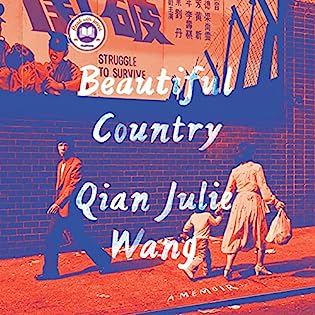 Beautiful Country: A Memoir by Qian Julie Wang
Beautiful Country: A Memoir by Qian Julie Wang Narrator: Qian Julie Wang
Published by Random House Audio on September 7, 2021
Genres: Biography, Memoir
Length: 9 hours, 38 minutes
Format: Audio, Audiobook
Source: Library
Buy on Amazon, Buy on Bookshop
This post contains affiliate links you can use to purchase the book. If you buy the book using that link, I will receive a small commission from the sale.
Goodreads
An incandescent memoir from an astonishing new talent, Beautiful Country puts listeners in the shoes of an undocumented child living in poverty in the richest country in the world.
"Extraordinary.... Consider this remarkable memoir a new classic." (Publishers Weekly, starred review)In Chinese, the word for America, Mei Guo, translates directly to “beautiful country”. Yet when seven-year-old Qian arrives in New York City in 1994 full of curiosity, she is overwhelmed by crushing fear and scarcity. In China, Qian’s parents were professors; in America, her family is “illegal”, and it will require all the determination and small joys they can muster to survive.
In Chinatown, Qian’s parents labor in sweatshops. Instead of laughing at her jokes, they fight constantly, taking out the stress of their new life on one another. Shunned by her classmates and teachers for her limited English, Qian takes refuge in the library and masters the language through books, coming to think of The Berenstain Bears as her first American friends. And where there is delight to be found, Qian relishes it: her first bite of gloriously greasy pizza, weekly “shopping days”, when Qian finds small treasures in the trash lining Brooklyn’s streets, and a magical Christmas visit to Rockefeller Center—confirmation that the New York City she saw in movies does exist after all.But then Qian’s headstrong Ma Ma collapses, revealing an illness that she has kept secret for months for fear of the cost and scrutiny of a doctor’s visit. As Ba Ba retreats further inward, Qian has little to hold onto beyond his constant refrain: Whatever happens, say that you were born here, that you’ve always lived here.
Inhabiting her childhood perspective with exquisite lyric clarity and unforgettable charm and strength, Qian Julie Wang has penned an essential American story about a family fracturing under the weight of invisibility, and a girl coming of age in the shadows, who never stops seeking the light.
This is a fantastic memoir that should be required reading for anyone who teaches. What struck me most about the memoir was how clueless Qian’s teachers were about what she was going through at home and how little they believed in her. Today, she is a managing partner in a law firm, Gottlieb & Wang. She had been told she’d never be a lawyer or attend a prestigious college. She was accused of not doing her own work because her teachers could not believe she was capable. These experiences, in addition to the trauma she experienced at home and working alongside her mother in a sweatshop, underscore the notion that we never really know what others have experienced or what they might be going through—we should be understanding, kind, and patient. Qian Julie Wang’s story is remarkable, perhaps even more so because it’s the story of so many children living in the United States.
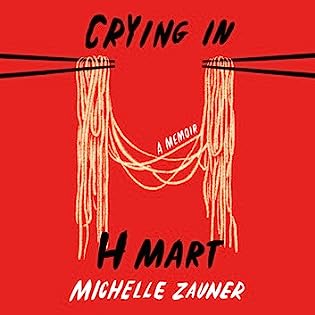 Crying in H Mart by
Crying in H Mart by 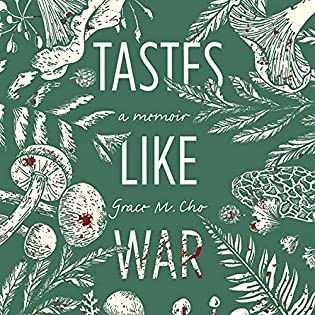 Tastes Like War by
Tastes Like War by 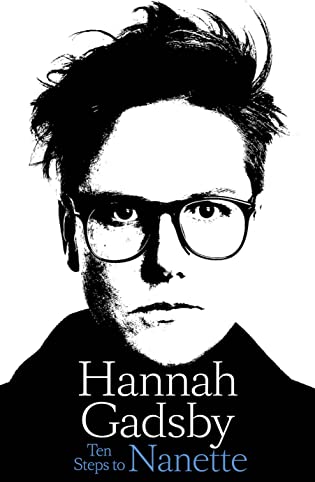 Ten Steps to Nanette by
Ten Steps to Nanette by 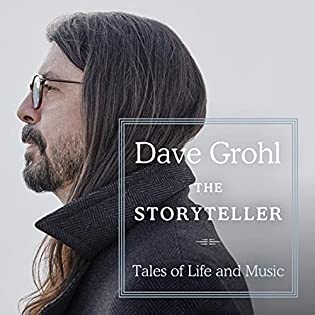 The Storyteller: Tales of Life and Music by
The Storyteller: Tales of Life and Music by 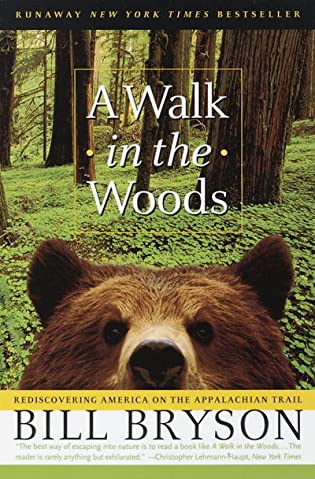 A Walk in the Woods: Rediscovering America on the Appalachian Trail by
A Walk in the Woods: Rediscovering America on the Appalachian Trail by 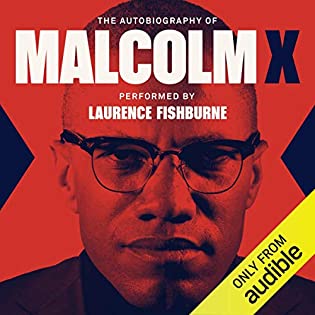 The Autobiography of Malcolm X: As Told to Alex Haley by
The Autobiography of Malcolm X: As Told to Alex Haley by 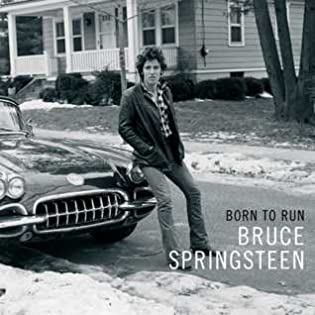 Born to Run by
Born to Run by 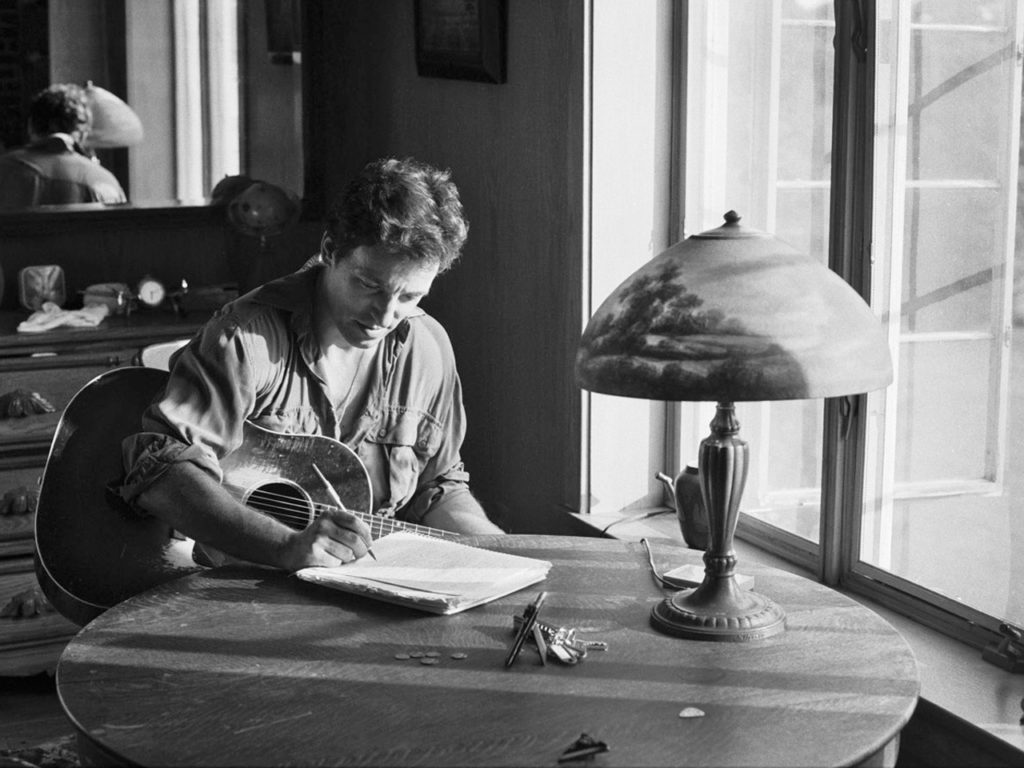
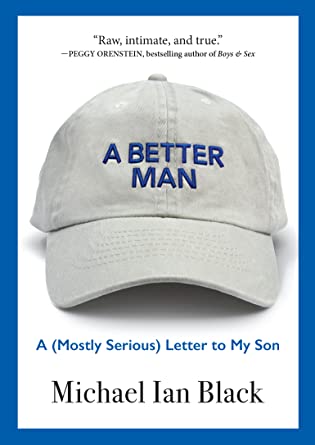 A Better Man: A (Mostly Serious) Letter to My Son by
A Better Man: A (Mostly Serious) Letter to My Son by 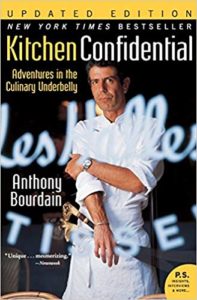 Kitchen Confidential: Adventures in the Culinary Underbelly by
Kitchen Confidential: Adventures in the Culinary Underbelly by 